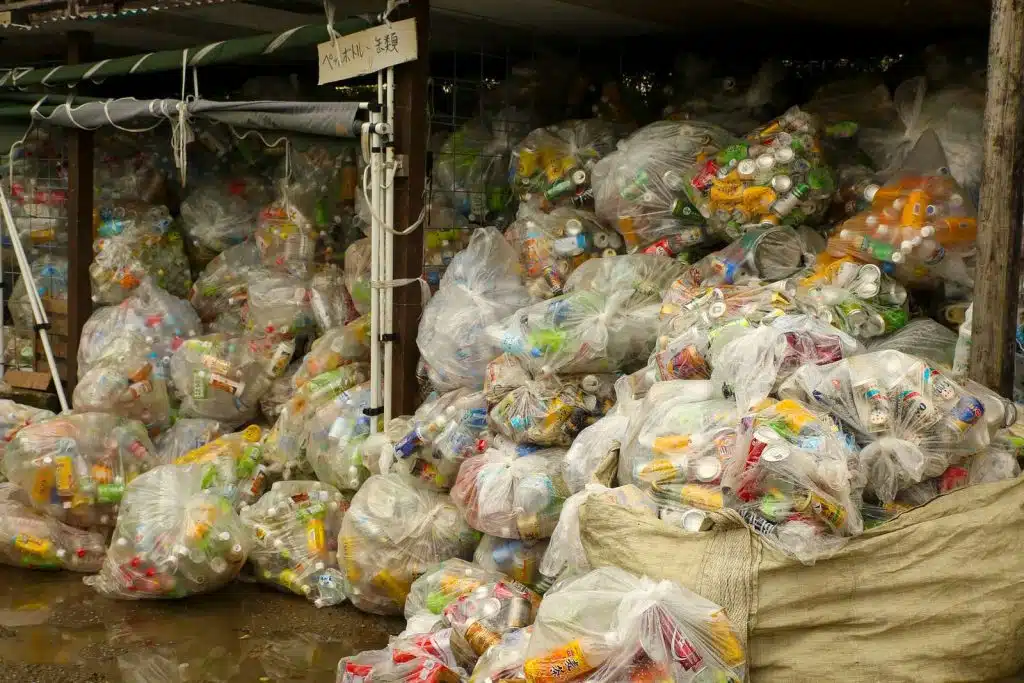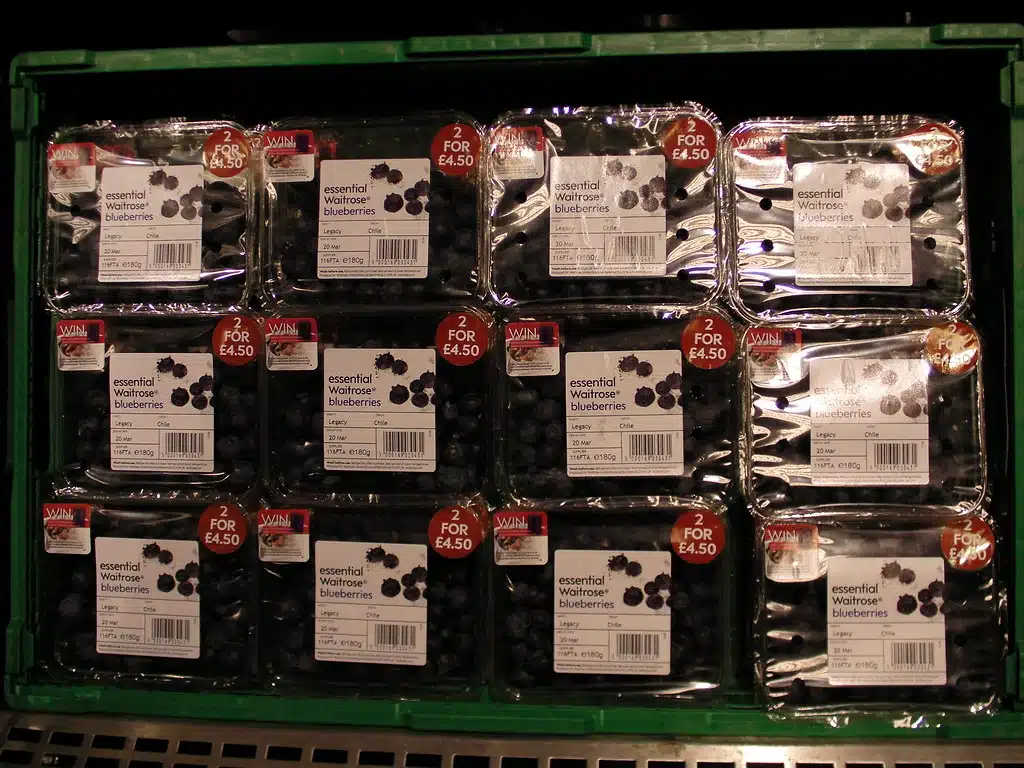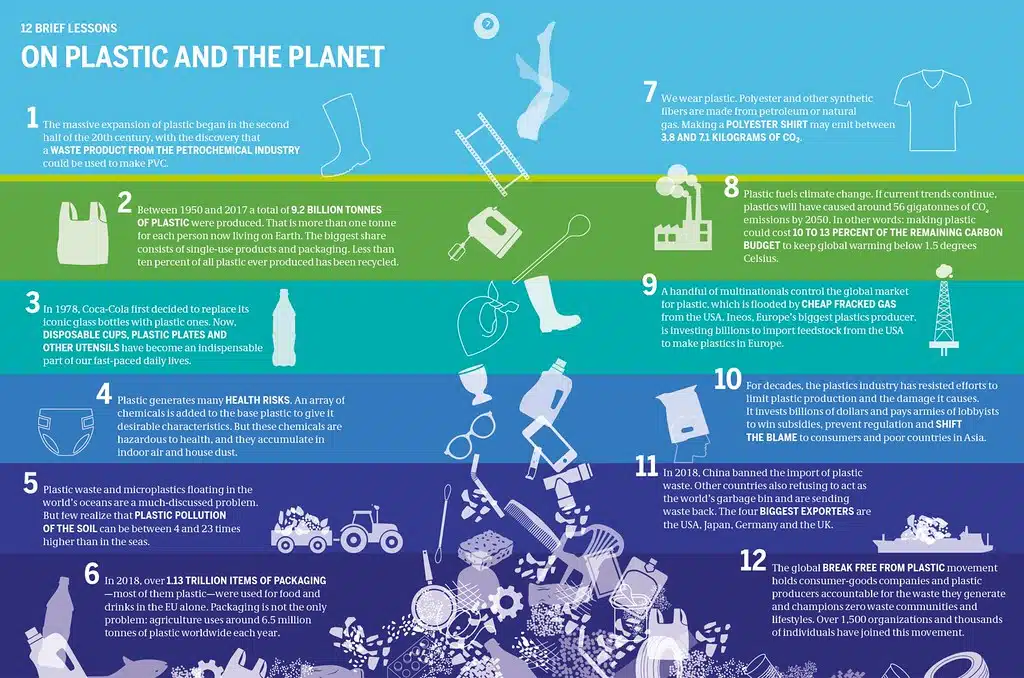Posted inQuestion about Japan
Does Japan have a lot of waste?
Japan generates significant amounts of waste, including household, bulky, and industrial waste. However, the country has one of the highest recycling rates globally, with over 80% of its waste being recycled through strict regulations and guidelines set by the government. Japan faces challenges in managing its waste effectively due to an ageing population, food waste is a significant problem with an estimated 6 million tons discarded annually. The Japanese government aims to achieve a circular economy where waste is minimized, resources are conserved, and products are reused or recycled. Citizens also play a crucial role in sustainable waste management practices such as composting and reducing single-use plastics.





